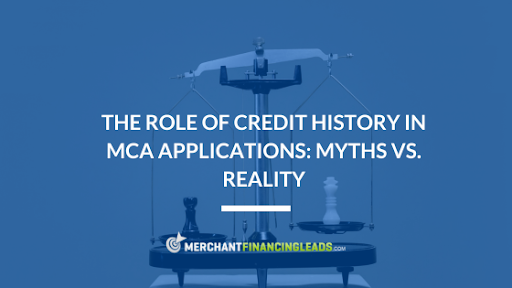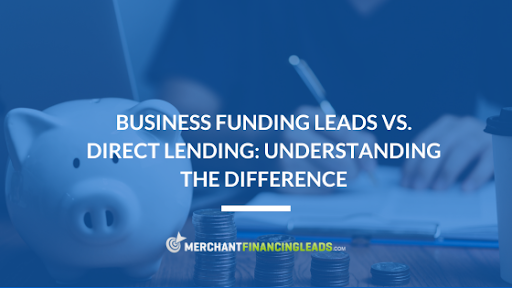Running a business takes money; sometimes, you need extra funds to grow, cover expenses, or keep things running smoothly. That’s where financing options like Small Business Administration (SBA) loans and Merchant Cash Advances (MCA) come in. So, understanding how these two options differ is key if you’re in the funding business and generating leads.
SBA loans take time but offer lower costs, while MCAs provide fast cash with fewer requirements. Knowing the differences helps you connect your business with the right funding sources—and close more deals in the process.
What Are SBA Loans?
SBA (Small Business Administration) loans are government-backed loans that help small businesses secure funding. The SBA doesn’t lend directly but guarantees a portion of the loan, reducing lender risk. This results in lower interest rates and longer repayment terms. However, the lengthy approval process requires strong credit and detailed financial records.
What Are MCA Loans?
A Merchant Cash Advance (MCA) is not a loan but an advance on future sales. MCA providers offer quick funding, repaid through daily credit card sales or fixed withdrawals. Unlike SBA loans, MCAs focus on cash flow, making them accessible to businesses with lower credit. However, they come with higher costs and shorter repayment terms.
What Are SBA Loan Leads?
SBA loan leads connect businesses with lenders offering SBA-backed loans. These leads typically include financially stable businesses with good credit. While SBA loans take time to process, they provide long-term benefits for both borrowers and lenders. Due to the complex approval process, nurturing and follow-up are key to converting these leads.
What Are MCA Leads?
MCA leads consist of businesses seeking fast, hassle-free funding. These leads convert quickly since MCA approvals depend on cash flow rather than credit scores. However, while they offer immediate financing, the higher fees make MCAs a costlier option.
Key Differences Between SBA Loan Leads and MCA Leads
Understanding the following differences between SBA loan leads and MCA leads helps in targeting the right audience effectively:
Qualification Requirements: SBA loan leads consist of businesses with good credit, financial stability, and strong documentation, while MCA leads include businesses with lower credit scores that rely on cash flow.
Conversion Speed: SBA loan leads take longer to convert due to the extensive approval process, whereas MCA leads convert approvals are based on revenue rather than credit history.
Funding Urgency: SBA loan leads typically involve businesses that can wait for funding. Whereas merchant cash advance leads consist of businesses that need immediate cash.
Loan Amount and Term: SBA loan leads often seek larger funding amounts with long-term repayment plans, whereas MCA leads are usually for short-term funding with higher repayment costs.
Which Leads Work Best for Your Business?
If you are generating leads for your lending business, knowing the type of business leads and the urgency of funding is important. For lead providers, both have potential. SBA loan leads must be nurtured, but the reward can be substantial. MCA leads are fast-moving, resulting in quicker deals.
By understanding these differences, lenders can tailor their approach to maximize conversions. Whether you focus on SBA or MCA leads, having the right strategy ensures better success in matching businesses with the needed funding. If you need high-converting leads, partner with us and target prospects that deliver results!


